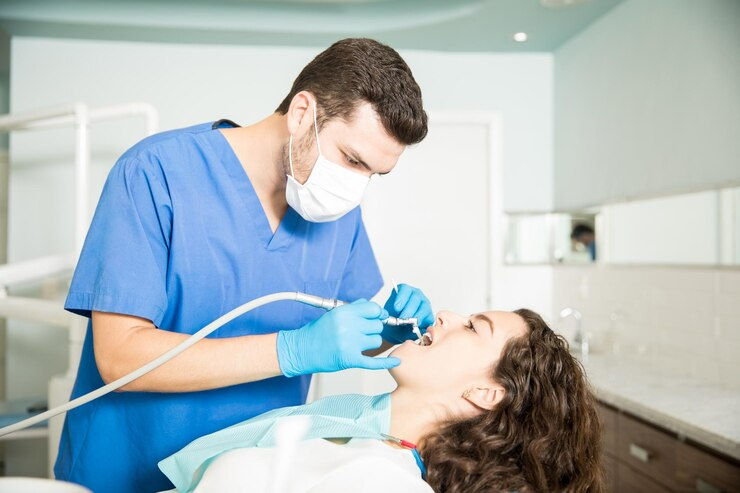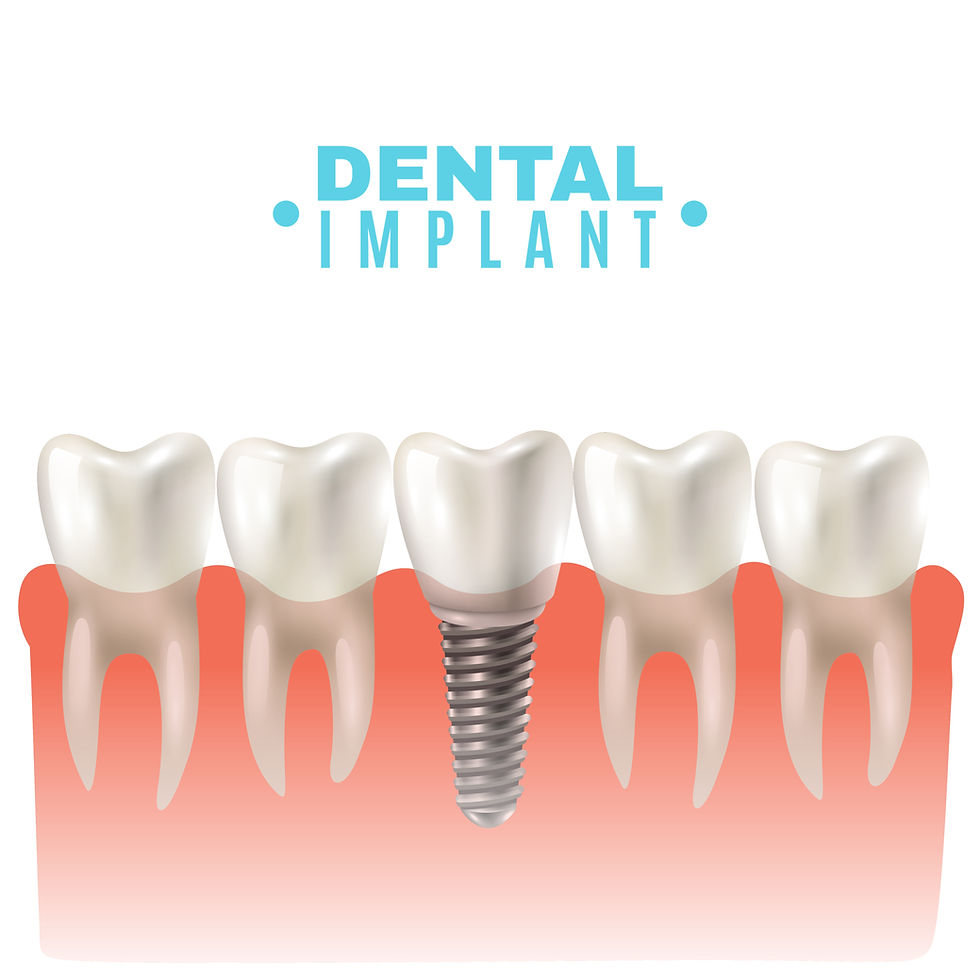Dental Sedation: Is Sedation Before a Dental Procedure Necessary and Safe?
- Jack Ranson
- Sep 30, 2025
- 4 min read

Many people feel nervous about going to the dentist. Some may even miss essential treatments due to fear. What if all those visits to the dentist could be relaxed and pleasant? Dental sedation is just what it does. This fantastic option can ease all the tension and make for a calm atmosphere. We'll cover the situations in which sedation may be required, how safe it truly is, and what to anticipate if you go down this route.
What is dental sedation?
Dental sedation technically applies to any technique used to allow patients to feel comfortable and relaxed during dental procedures. In other words, it is something to calm the nerves so the dentist can do his job while the patient is comfortable.
Types of sedation
1 Minimal sedation uses nitrous oxide or mild sedatives. You are technically awake, but very much able to relax, so most people use it for routine cleanings or minor fillings.
2 Moderate sedation can be administered through pills or via intravenous sedation. Through this process, you remain awake and will be able to respond to questions, but due to the calming effect, you may have little memory of the procedure.
3 Deep sedation and general anesthesia put you into a deeper sleep. These are reserved for major surgeries or severe medical instances in which usual treatment is otherwise hard to pull off.
So, who needs these treatments?
Who may benefit from sedation?
Sedation is not for everyone, but it certainly is an aid for some.
Here are some scenarios where sedation may be indicated:
Patients with extreme fear or panic attacks about dental treatment
Young children who cannot remain still or are patients with special needs
People undergoing lengthy procedures or multiple treatments at one visit
Having a powerful gag reflex or an unpleasant experience at the dentist
Having medical conditions where it is important for one to stay calm
A sedation dentist near Saskatoon can help decide if sedation is right for you. Sedation is not necessarily for everyone, and a quick discussion with the dentist will help figure out the best option.
Which brings us to the biggest question everyone asks next.
Is dental sedation safe?
Yes, dental sedation is considered very safe when administered by properly trained people. As with any medical procedure, it does have some considerations; however, the benefits far outweigh the slight dangers.
Safety protocols
Before any sedation, your dentist will review your personal medical history and check if you are taking any medications. They will be instructed regarding eating and drinking before the appointment. Your heart rate, respiration, and blood pressure will be monitored throughout the process by trained personnel. In case rare emergencies might appear, the office will be ready for that.
The possible risks and side effects
Most will experience mild and temporary effects, such as drowsiness, slight nausea, or grogginess, for a few hours. More serious problems, like trouble breathing or allergic reactions, are very rare. Good screening and careful watching during treatment help prevent these issues.
Who Needs Special Caution?
Extra caution is required for older adults, people on medications, persons with sleep issues, or anyone with an uncontrolled health condition. Your dentist may recommend some alternative choices or may alter the dosage of the drug to provide safety.
If you and your dentist choose sedation to be right for you, then here is the walkthrough of this procedure.
What to Expect Before, During, and After Sedation
The process is simple and designed to make you comfortable at every step.
Before your visit: Your dentist will go over your health history and tell you exactly what to do in terms of eating, drinking, or taking medications.
During treatment: While you relax, trained staff will keep an eye on you. You might be feeling a little drowsy or just very calm, depending on the type of sedation being administered. Once you're comfortable, the dental procedure begins.
After your procedure: You'll rest in the office until you're alert enough to go home. The staff assures normal breathing and heart rate before you are discharged. You'll get clear instructions about taking it easy for the rest of the day.
Most patients recover quickly and have no memory of discomfort during their treatment.
Alternatives and practical tips for anxiety
Different approaches work for different people in staying calm. Some employ simple breathing exercises for natural relaxation. Then there are desensitizers available, such as a generic numbing gel or local shots, to numb the area so you don't feel any pain. Nitrous oxide is a very mild way of taking the edge off, without any deeper sedation.
Alternatively, you could inquire about breaking up larger treatments into shorter visits to get to know the dentist and dental team better, thereby building trust over a shorter timeframe. Many dentists in Saskatoon are happy to work with you to find the right comfort level.
Making the right decision for your dental care
Dental sedation, if properly considered, can be necessary and safe. The decision needs to consider your medical requirements, how anxious you are, and the type of dental work that needs to be done. Every person is different, so what works for one patient might not be the best choice for another.
In case you're pondering any options for sedation, West 14 Dental offers personalized consultations to assist you in making this decision. This dental clinic in Saskatoon will carefully examine your medical background, available options, and the safest level of care for your particular situation.
Their experienced sedation dentists in Saskatoon believe that all patients should be comfortable and confident when they go through any form of dental treatment. You are welcome to call or visit their website to make an appointment for a consultation, where all your queries will be answered in easy-to-understand terms.









Comments